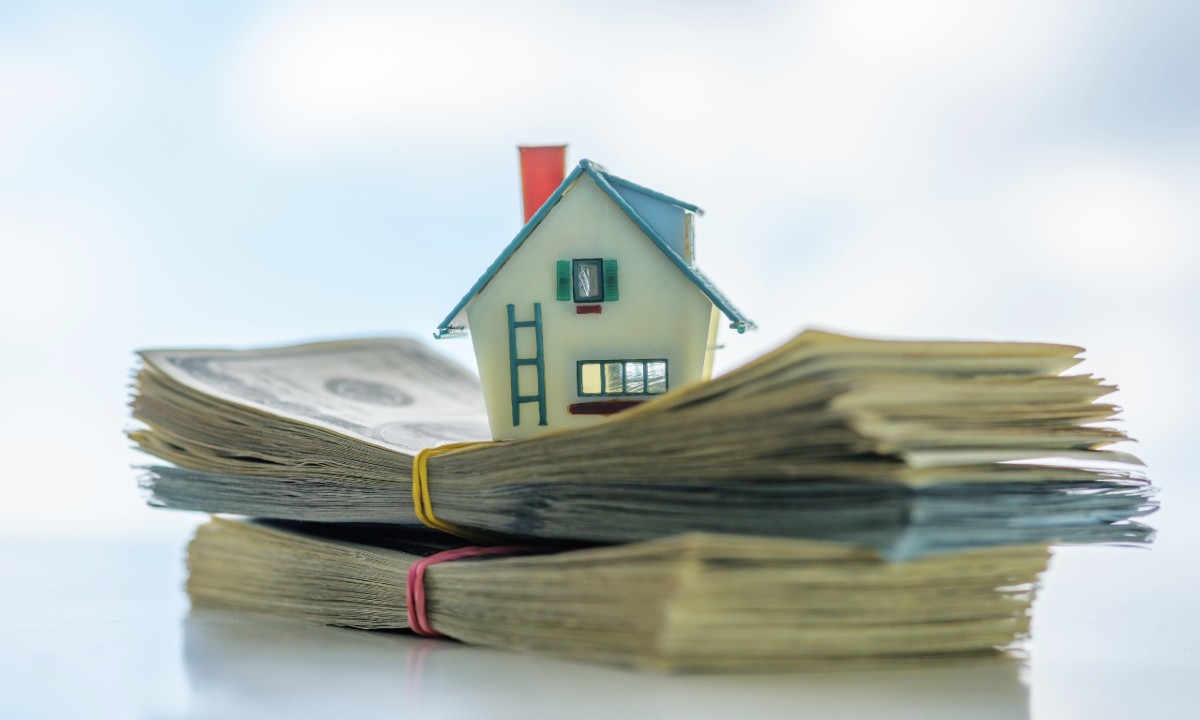Assess Your Financial Situation
Before diving into the world of home payments, it’s crucial to assess your financial situation thoroughly. Take a close look at your monthly income, expenses, and savings to determine how much you can realistically afford to allocate towards your home payments. Consider factors such as your salary, bonuses, investments, and any other sources of income that may contribute to your overall financial picture.

Calculate Your Affordability
Once you have a clear understanding of your financial situation, it’s time to calculate your affordability for home payments. As a general rule of thumb, financial experts recommend that your monthly home payments (including mortgage, property taxes, insurance, and utilities) should not exceed 28% to 31% of your gross monthly income. Use this guideline to determine the maximum amount you can comfortably afford to spend on your home each month.
Explore Mortgage Options
With your affordability in mind, it’s time to explore mortgage options that align with your financial goals and circumstances. Research different types of mortgages, including fixed-rate mortgages, adjustable-rate mortgages, FHA loans, VA loans, and USDA loans, to find the best fit for your needs. Consider factors such as interest rates, loan terms, down payment requirements, and closing costs when comparing mortgage options.
Consider Down Payment Assistance Programs
If you’re struggling to come up with a sizable down payment for your home purchase, consider exploring down payment assistance programs that may be available in your area. These programs, offered by government agencies, nonprofit organizations, and financial institutions, provide grants, loans, or other forms of assistance to help eligible homebuyers cover their down payment and closing costs. Be sure to research and inquire about any available programs that may help make homeownership more accessible for you.
Negotiate with Sellers
When purchasing a home, don’t hesitate to negotiate with sellers to secure the best possible terms for your home payments. Work with your real estate agent to submit a competitive offer that reflects the current market conditions and the condition of the property. Be prepared to negotiate on price, closing costs, repairs, and other terms to reach a mutually beneficial agreement that works for both parties involved.
Set Up a Budgeting Plan
Once you’ve secured a mortgage and finalized the purchase of your home, it’s essential to set up a budgeting plan to manage your home payments effectively. Create a detailed budget that outlines your monthly income, expenses, and savings goals, including your mortgage payment, property taxes, insurance premiums, and utility bills. Use budgeting tools and apps to track your spending and monitor your progress towards your financial goals.
Automate Your Payments
To ensure that you never miss a home payment, consider setting up automatic payments for your mortgage and other recurring expenses. Most lenders offer automatic payment options that allow you to schedule monthly payments directly from your bank account, ensuring that your payments are made on time every month. Automating your payments can help you avoid late fees, penalties, and negative impacts on your credit score.
Make Extra Payments When Possible
If you have the financial flexibility to do so, consider making extra payments towards your mortgage principal whenever possible. Making additional payments can help you pay off your mortgage faster and save money on interest over the life of the loan. Even small, incremental payments can add up over time and make a significant impact on your overall loan balance.
Refinance Your Mortgage
If interest rates have dropped since you initially secured your mortgage or if your financial situation has improved, consider refinancing your mortgage to take advantage of lower rates or better terms. Refinancing can help you lower your monthly payments, reduce your interest rate, or shorten the term of your loan, depending on your goals and circumstances. Be sure to weigh the pros and cons of refinancing carefully and consult with a financial advisor or mortgage professional to determine if it’s the right move for you.
Stay Flexible and Adapt
Finally, it’s essential to stay flexible and adapt to changes in your financial situation as you navigate your home payments. Life circumstances, such as job changes, family dynamics, or unexpected expenses, may impact your ability to make home payments as planned. Be prepared to adjust your budget, explore alternative financing options, or seek assistance if needed to ensure that you can continue to afford your home while maintaining financial stability.
Conclusion
In conclusion, learning how to strategically budget for home payments is essential for achieving long-term financial stability and homeownership success. By assessing your financial situation, calculating your affordability, exploring mortgage options, considering down payment assistance programs, negotiating with sellers, setting up a budgeting plan, automating your payments, making extra payments when possible, refinancing your mortgage, and staying flexible and adapt, you can effectively manage your home payments and achieve your homeownership goals. With careful planning and financial discipline, you can enjoy the benefits of homeownership while maintaining financial security and peace of mind.